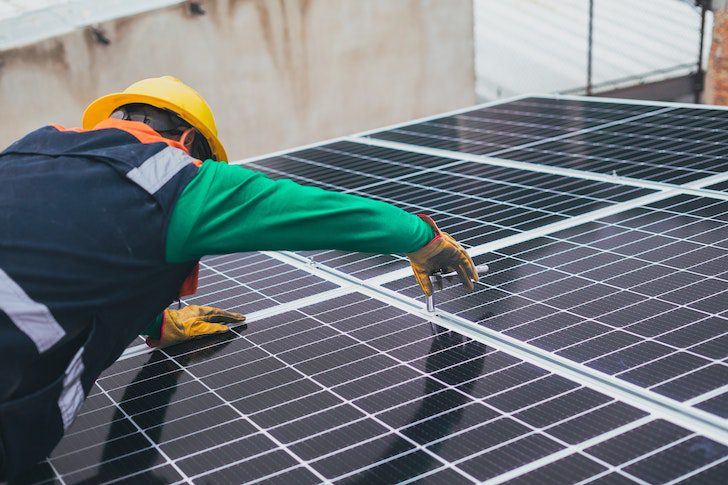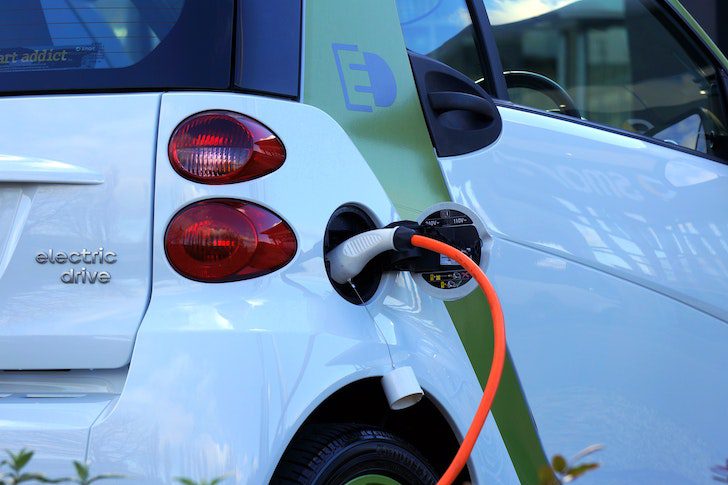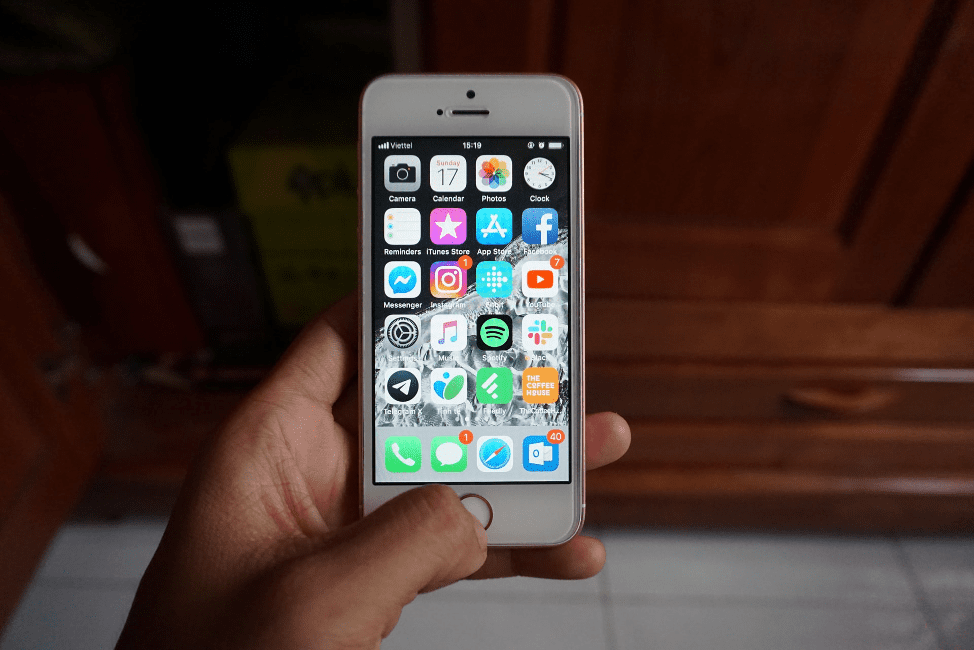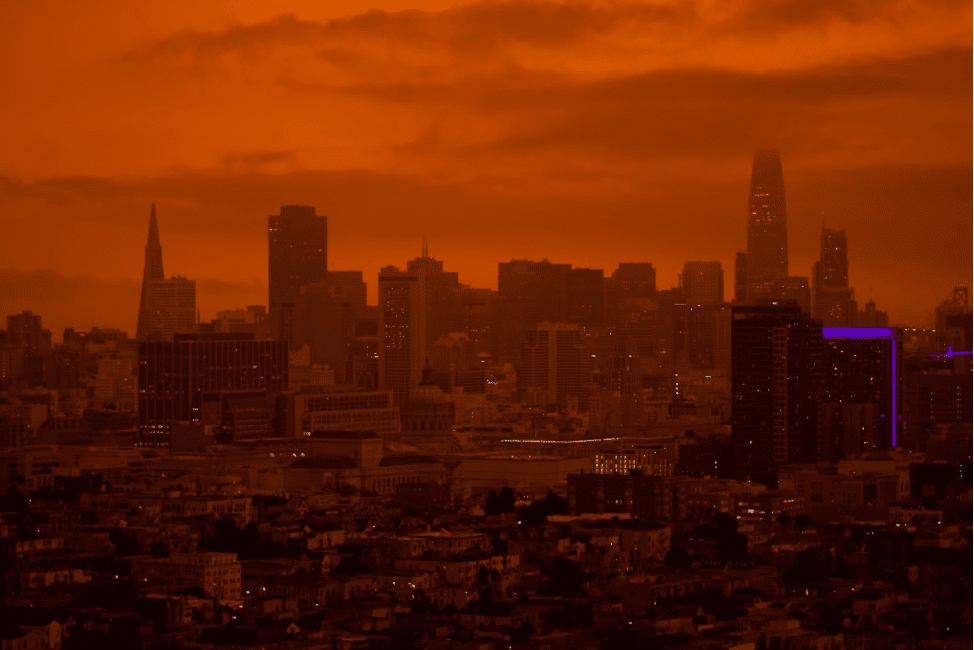There’s no denying that climate change has affected people across the globe, and the developing countries are facing the brunt of it! From destructive tsunamis to uncontrollable floods, the world has seen it all, and this has opened the discussion for measures that need to be taken to combat climate change. This means that politicians, scientists, leaders, and global citizens will have to come together to fight climate change. The world needs to adopt more sustainable and clean ways to fuel its industries.
Currently, these industries rely on the combustion of coal, natural gas, and oil, considered the primary energy source for power production. This power production results in excessive carbon dioxide emission, and the extraction of fossil fuels further causes pollution. While the process has become efficient over the years, it has severely harmful effects on the world’s environment and resulted in climate change.

Pixabay/Pexels | It’s time to say goodbye to the usage of fossil fuels.
Meet Solar Energy
Since electricity requires the most usage of fossil fuel, it is high time that we switch to renewable energy sources that not only protect the environment but also serve as a sustainable way to continue the production of electricity. This is where solar energy comes in: it provides renewable, clean, and pure energy, all from the sun. All you need to do is to set up solar power cells on a surface that has constant access to the sunlight, and those solar cells convert the sunlight into reusable electricity. Now that technological advancement is at an all-time high and the world is moving towards all things electrical, solar power is the best way to provide the need for electricity.

Los/Pexels | Solar energy cells on the rooftop and you are good to go.
Simpli Solar
This is where local solar energy and photovoltaic tech firms come in, like Simpli Solar, which is committed to its Go Green project that emphasizes the need for solar energy in the future. Simpli Solar was founded by Edmund Loo in 2009 that aims to raise awareness about solar energy and encourage and promote the benefits of shifting to solar energy.
Going Green With Go Green
The firm’s Go Green project also works in the same field, but the goals are divided into two phases. The first phase consists of the mass plantation of trees throughout the Klang Valley in partnership with some of their clients and non-governmental organizations that work for the same cause. The second phase is about providing its service to businesses that are working on social, governance, and environmental efforts by raising awareness in collaboration, which would result in the reduction of the cost of adoption and a return on investments of more than 25% in a small period of fewer than four years.

Mike/Pexels | Well, Edmund isn't wrong about solar power being the next big thing.
Edmund Loo compares solar energy to owning a cellphone. He calls it both a necessity and something that would become a part of the lifestyle. He goes on to mention how there are so many everyday tasks that require electricity. From entertainment to sustenance, electricity is needed in all cases. The only obstacle right now is the hesitation in making the switch.
Solar energy might be unique, but it is needed for the environment.







